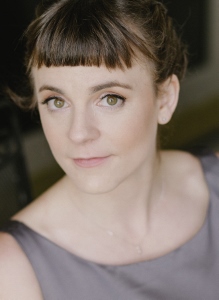
Alters and Alters
Contributor’s Marginalia: Rosalie Moffett on “Sonic & Knuckles (1994)” by Cortney Lamar Charleston
The summer after my freshman year of college, I signed up to be a part of a psychological study which was looking at reflexes and rewards, though I didn’t know that at the time. For $8/hr, I played “Sonic Hero” in a tiny windowless room in which there was a desktop computer, a table, a chair and, weirdly, a box of kleenex. I advanced through the levels at a satisfying pace until I got to one with a huge lake of fire. Over and over, I died and was sent back to the beginning of the level. I read the title of this poem and was transported back to that little room, little me-Sonic trying to leap over the fire.
There is something very pantoum-y about a video game: the illusion of a narrative, of a progression through time—and then, again and again, the inescapable return to the past. There’s something very videogame-y about life for all the same reasons.
I guess I’m talking about the old video games, like Sonic the Hedgehog, like Mario or Prince of Persia. The new games, I’ve been told, feel infinite; there’s no going back to the beginning, there’s no need to see the same thing twice—this, which is supposed to better resemble the real world (the IRL), fails to acknowledge our present as including the past. But Charleston’s poem reminds us every which way that time pulls us backwards with its ghosts and shadows, how it circles back around.
We take this question to the page: how far can we get from a father, a brother, a childhood? Not as far as you’d think, the poem responds. And yet, every time the past repeats, something’s a little different, warped in its facsimile. Same, too, with the brother who, like the repeated lines in the form, arrives like an echo: “Being told we favor must feel like getting called a shadow.” Or the speaker, “a ghost of my father in fatherhood.” Or the two boys, their pixelated proxies appearing on the screen, ready to fight there, be brothers there. When I said that Charleston instructs us on the idiosyncrasies of time every which way, I meant every which way. This is a poem that pulls into it all kinds of repetition, of re-arrival.
The pleasure of this poem is in figuring out what can endure, and what shifts and crumbles. The first quatrain is a list of seeming-certainties: Sonic is a hedgehog, blue; Knuckles is an echidna, red; I’m the first born; He’s the second born. And these are like a fine work of art appearing in the opening scenes of a movie—we sense that it will be broken or stolen or otherwise we would not have been shown it. And by the end, the speaker says, “Blood is glitch-prone, so sometimes our eyes will be reset,” a line that reverberates back up through the poem, tunnels up through that first stanza, obliterating.
So then—what are we left with? Are there two brothers—one obedient, one punching walls? Is there a Sonic the Hedgehog, blue and Knuckles, red? No, but there’s a sturdier certainty that endures: everything is part of what recurs, though how we see it alters and alters.
